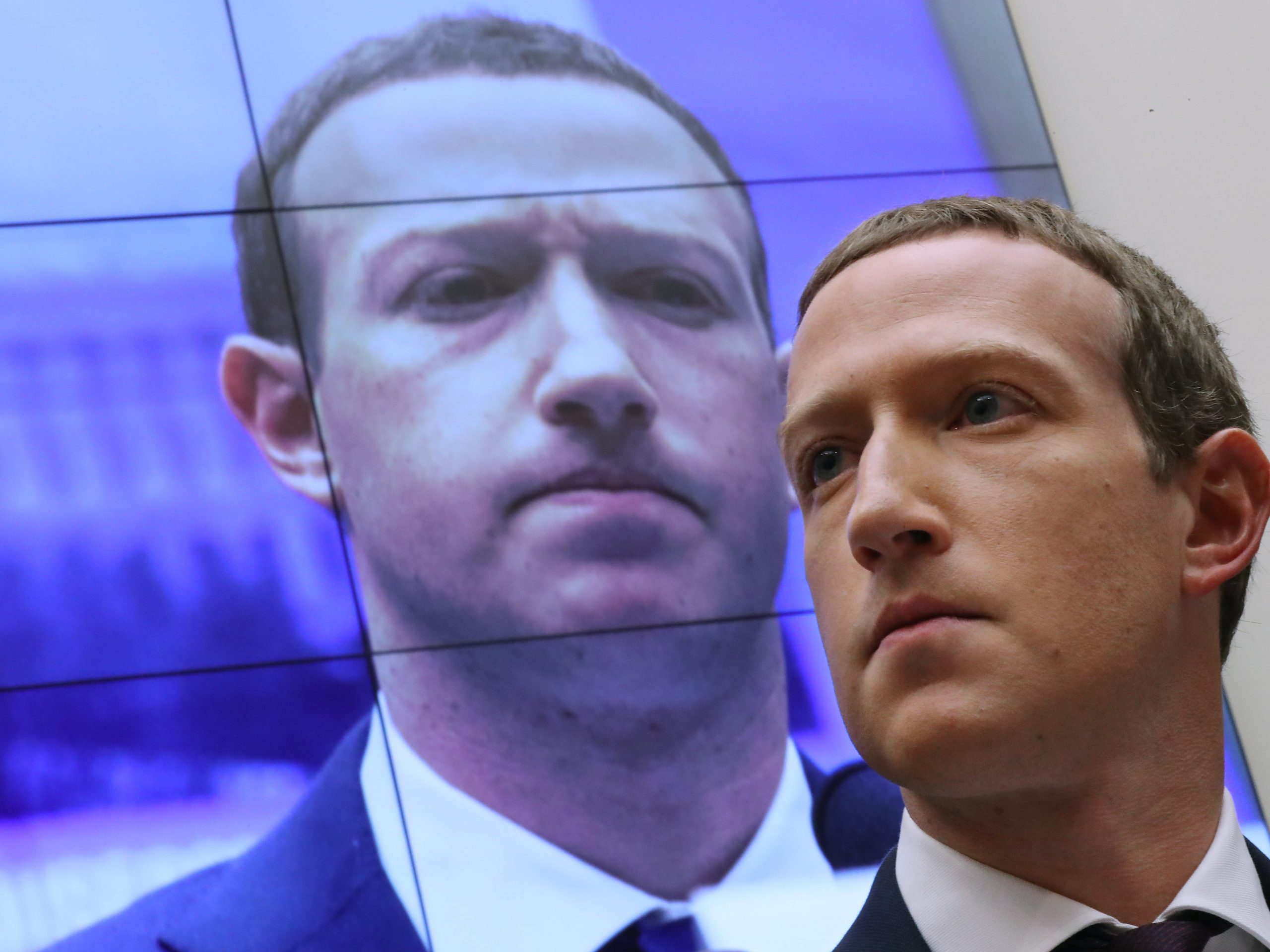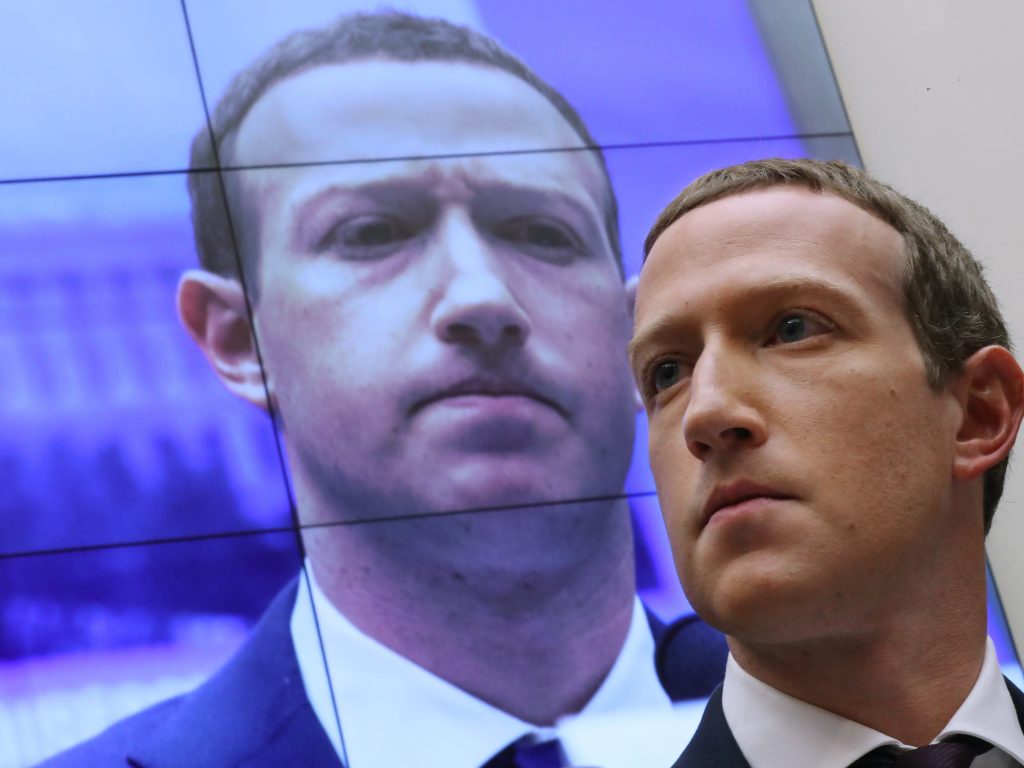
Chip Somodevilla / Getty Images
- Facebook's brutal few weeks could lead to class action lawsuits and state attorneys general-led probes.
- Analyst Blair Levin of New Street Research said that is a greater threat than potential regulation.
- Litigation could force Facebook to share documents, which could include "problematic evidence."
Facebook has had a brutal few weeks, and lawmakers now have increasingly more fodder to finally reign in Big Tech.
But the social network actually faces two threats bigger than potential federal regulation. According to Blair Levin of New Street Research, Facebook's spate of bad press following leaks from a whistleblower and her subsequent congressional testimony could incite new class-action lawsuits or investigations by state attorneys general.
That's because the court could force Facebook to make internal documents public, which could "yield even more problematic evidence for Facebook," Levin said in an interview. Litigation could also cost the company a pretty penny – more than legislation would cost it – and a settlement could "address the issues more quickly than legislation."
"In a Senate hearing, the strategy is to run out the clock," Levin said. Tech CEOs, including Mark Zuckerberg, have appeared in such settings. "You can't do that in a deposition," where a company is required to share details under oath as part of litigation proceedings, he continued.
Levin said that more class action and state AG-led litigation could come from Facebook's recent scandals, which began when whistleblower and former employee Francis Haugen shared internal documents with The Wall Street Journal and later testified before Congress that the firm prioritizes profits over people's safety.
The Journal reported, among other things, that Facebook knew its Instagram platform was negatively impacting the mental health of young users, especially teenage girls.
Facebook has disclosed internal material in the past through legal battles, like when the Federal Trade Commission in 2021 accused the company of buying WhatsApp and Instagram to neutralize competition.
A judge eventually threw out, saying the FTC had insufficient evidence proving that Facebook is a monopoly, but not before emails Zuckerberg had written years ago were made public. "It is better to buy than compete," Zuckerberg wrote in a 2008 email, according to the now-dismissed lawsuit.
According to the FTC, these messages showed he and others in leadership perceived Instagram and WhatsApp as rivals before Facebook bought them.
Levin said the most recent issues surrounding kids on Facebook's platform are different because "more Americans care more about their children than they care about democracy, privacy, misinformation, and violence abroad." The hearing lent credibility to the belief that it's impossible for the tech industry to self-regulate.
Levin said possible litigation arising from the current news cycle could include lawsuits from parents who claim their children experienced trauma on a platform like Instagram. He said suits like that "are very hard to win," but are still "problematic" for the company.
"These things don't happen overnight," Levin said, but we might start seeing litigation in response to Facebook's recent problems within three to six months.

